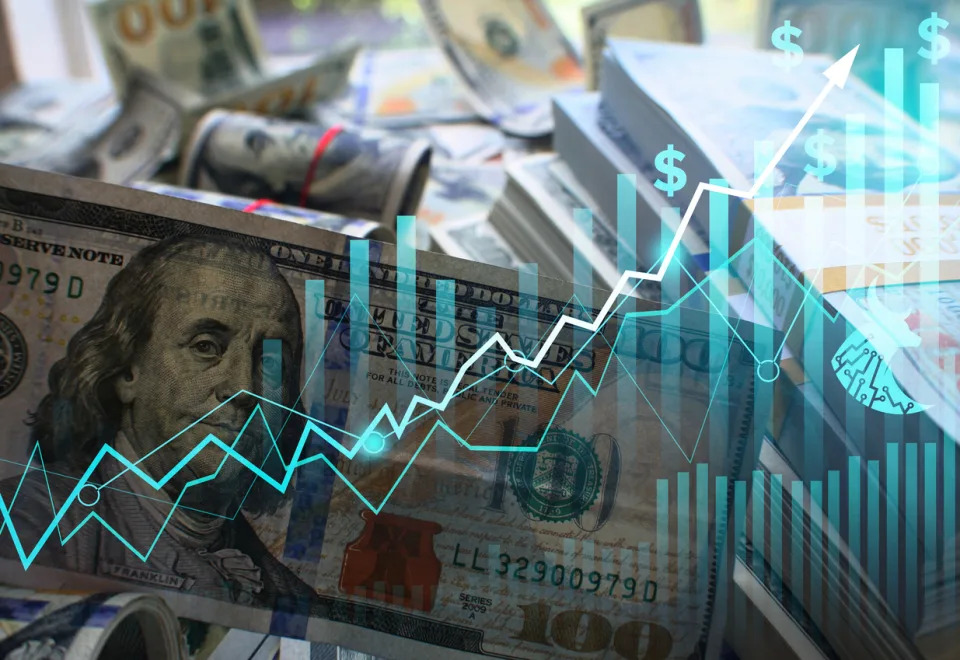
The U.S. dollar is back in the headlines.
Stubbornly high inflation has pushed rates in the U.S. up relative to rates in other countries, lending support to the greenback.
That has investors thinking about currency impacts again. A stronger dollar makes U.S. exporters less competitive. It makes profits generated overseas less valuable when converted back into dollars. It makes dollar-denominated debt more burdensome for foreign borrowers. And so on.
There are a host of effects from the strong dollar that investors should consider. Perhaps the most straightforward, however, is the impact that the rising dollar has on international stock ETFs.
When the dollar rises, stocks held by those exchange-traded funds are worth less—all else equal. For instance, a stock that trades for 150 yen is worth $1 when the dollar-yen exchange rate is 150. But when that exchange rate moves to 155, suddenly the stock is worth less than a buck.
For investors in international equity ETFs, this can drag down returns.
Affects on Japanese-Focused ETFs
This year, the Japanese yen has moved lower by nearly 10% compared to the U.S. dollar. That’s subtracted nearly 1000 basis points from the returns of iShares MSCI Japan ETF (EWJ), which is up less than 5% this year.
Fortunately, ETF investors have the option to hedge currency exposures if they choose. The hedged version of EWJ, the iShares Currency Hedged MSCI Japan ETF (HEWJ), is up 16% year-to-date.
Another currency-hedged ETF, the WisdomTree Japan Hedged Equity Fund (DXJ), which holds a basket of stocks that benefit from a weaker yen, is up even more—21%.
Of course, few investors can accurately time currency moves—especially over the short-term. But that doesn’t change the fact that, whether consciously or not, investors in international stock ETFs are making a bet on where the dollar is headed.
Permalink | © Copyright 2024 etf.com. All rights reserved

